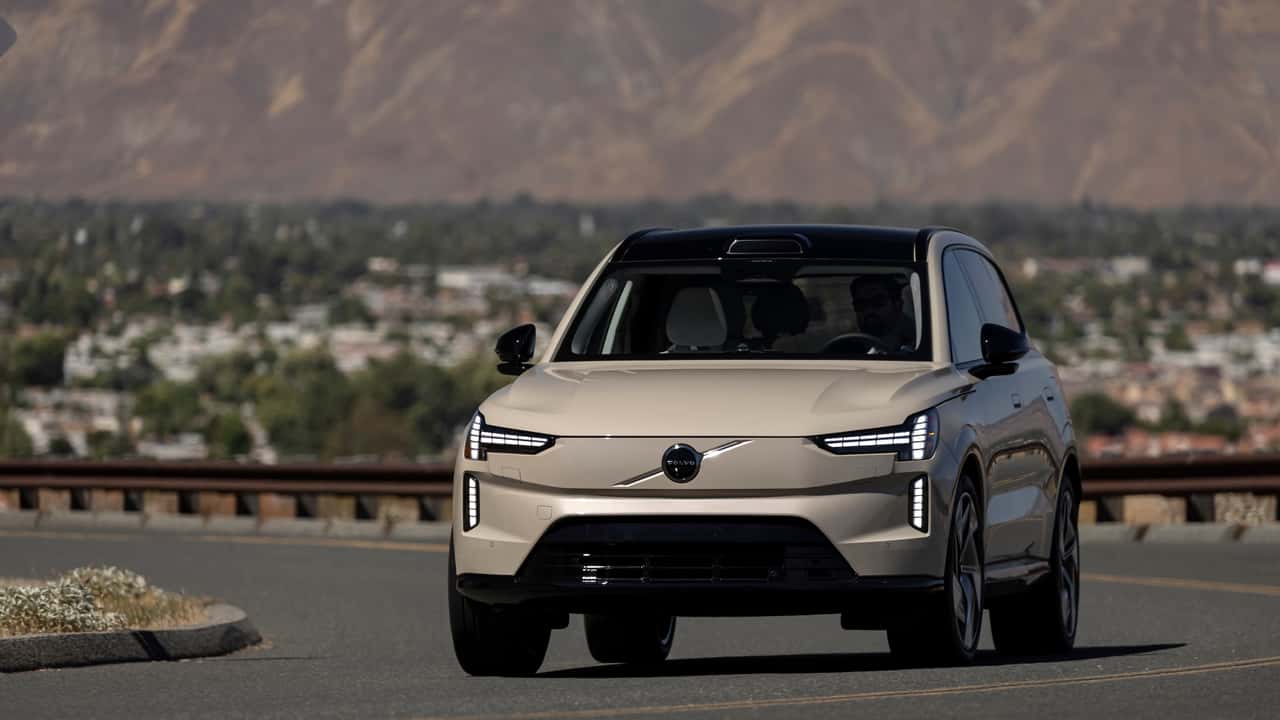Steering Wheel Developed of Sustainable Materials for Hydrogen-powered Car
In support of University of Warwick’s Waste2Race project to build a prototype Ginetta LMP3 LeMans race hydrogen-powered car, the National Composites Centre (NCC), partnering with WMG, University of Leeds, and […] The post Steering Wheel Developed of Sustainable Materials for Hydrogen-powered Car appeared first on American Composites Manufacturers Association.

In support of University of Warwick’s Waste2Race project to build a prototype Ginetta LMP3 LeMans race hydrogen-powered car, the National Composites Centre (NCC), partnering with WMG, University of Leeds, and University of Warwick, developed steering wheels of innovative sustainable composite materials.
The NCC team developed concepts for the prototype steering wheel using natural fibers and bio-based resin systems including flax-epoxy prepreg, epoxy-infused waste denim, flax combined with polylactic acid (PLA), and an all-cellulose composite developed at the University of Leeds. Oak handles replaced the polyurethane foam handles of the traditional Ginetta steering wheel.
A cradle-to-gate Life Cycle Analysis comparing the new wheels built of sustainable composite materials with traditional steering wheels built of carbon fiber and aluminum demonstrated a 25-43% reduction in Global Warming Potential (GWP).
James Meredith, Chief Engineer for Sustainable Materials at WMG said, “WMG were delighted to work with NCC on the Waste2Race project. The car will be used to highlight some of the cutting-edge research in sustainable materials and the steering wheels which NCC have manufactured are a great example of what is possible in this space.”
Michael Ries, Professor of Soft Matter Physics at the University of Leeds added, “It’s exciting to steer our All-Cellulose Composite invention from concept to reality, navigating the journey from idea to its first impactful use case. These demonstrators are an important and viable way to encourage the industry to consider more sustainable options in manufacturing.”
About the project, Matt Scott, Chief Technologist for Strategy at the NCC said, “A growing focus on sustainable, bio-based materials reflects both NCC’s commitment and customers’ priorities. Automotive customers expect environmentally responsible products, and these insights into viable alternatives catering to organizations’ sustainability goals has potential for cross-sector application. As environmental legislation evolves, reducing environmental costs will also make strong financial sense. This is yet another example of how collaboration with university partners and across the High Value Manufacturing Catapult network drives innovation.” Testing will continue with hopes of leading to real-world applications of these innovative materials and technologies.
The post Steering Wheel Developed of Sustainable Materials for Hydrogen-powered Car appeared first on American Composites Manufacturers Association.
What's Your Reaction?






















![[Upcoming Webinar] Addressing the Wind Industry's €25 Billion Annual Wake Loss Problem](https://www.windesco.com/hubfs/Swarm%20webinar%20cover%20image.png)






























